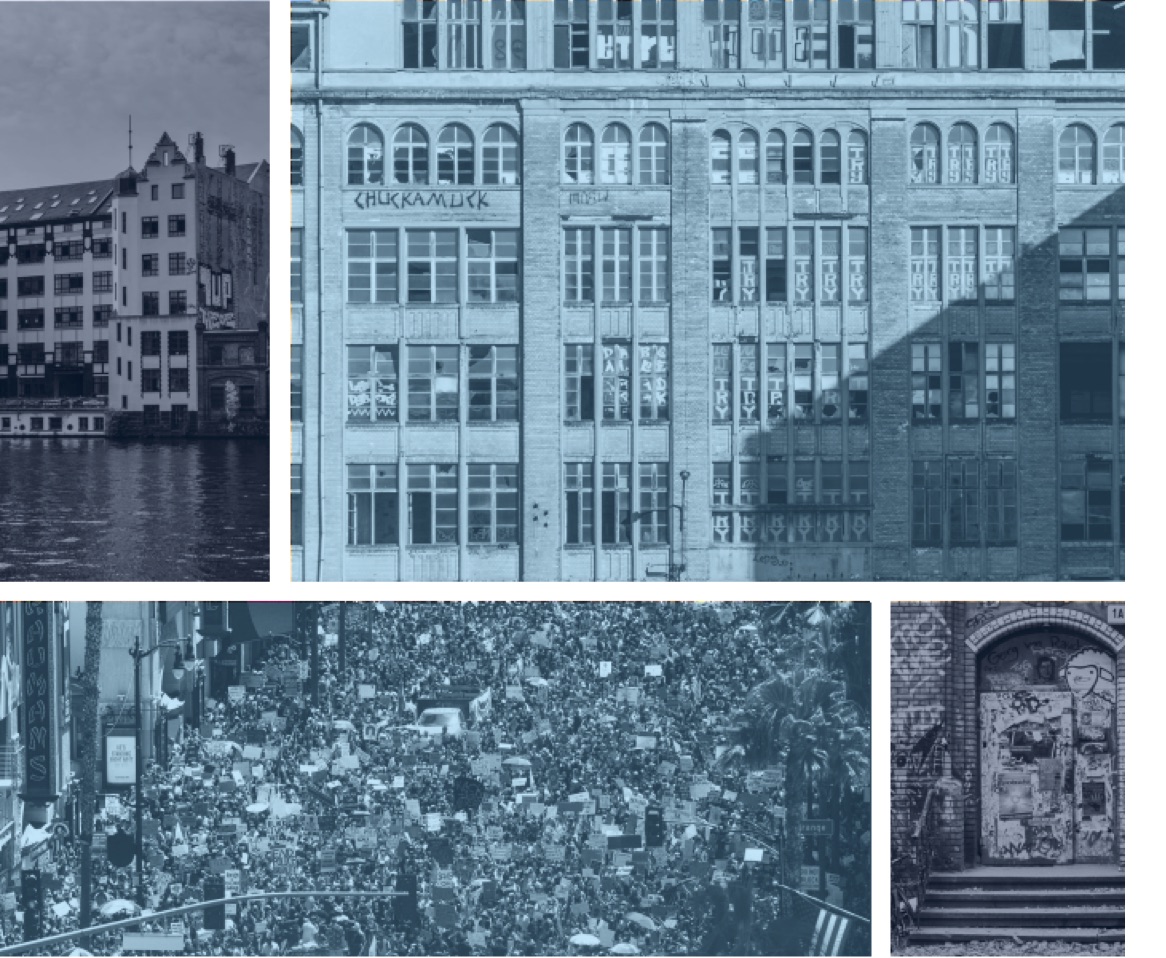Assessor Fritz Kaegi with strategies for reforming Cook County’s property tax system to make it more equitable for all, especially Black and Latino residents, who often suffer from high property tax rates. The essay includes a discussion of how federal and state governments can help bring down high tax rates, which cause the greatest inequities.
The essay appears in a recent collection from the Chicago Council on Global Affairs titled “Reclaiming the Right to the City.”
The essay is reprinted in full on the Cook County Assessor’s Medium page: https://medium.com/@Assessor-Cook/in-a-digital-economy-how-can- cities-create-a-more-equitable-property-tax-system-370bacb4d01
“Many people think that because I’m the Assessor that I like property taxes. I don’t,” said Assessor Kaegi. “Assessments divide the property tax burden equitably, but we still need to find other revenue sources to pay for essential services. That’s why I wrote this essay.”
Excerpts appear below:
“Illinois provides the lowest level of funding for education of any state in the nation. An increase in federal school funding through Title I of the 1965 Elementary and Secondary Education Act, is the most direct way to decrease property taxes and geographic inequality while investing in education. If we doubled the current $300 million in Title I funding for Chicago’s public schools and passed on the savings to ratepayers, the property tax levy for schools could be reduced by 10 percent.”
“As digital technology and the pandemic further uncouple economic activity from physical property, taxation that focuses on the income generated — rather than on the assets that can generate it — becomes ever more vital, especially for cities.”
“[Cook County] communities with the 20 highest property tax rates exceed the other 110 communities by three to five times, even though the level of education funding per pupil is comparable or less. Most of these communities are majority Black.”
The Chicago Council on Global Affairs is an independent, nonpartisan organization that provides insight on critical global issues, advances policy solutions, and fosters dialogue about what is happening in the world and why it matters to people in Chicago, the United States, and around the globe. The full collection is available on the CCO-GA website.






